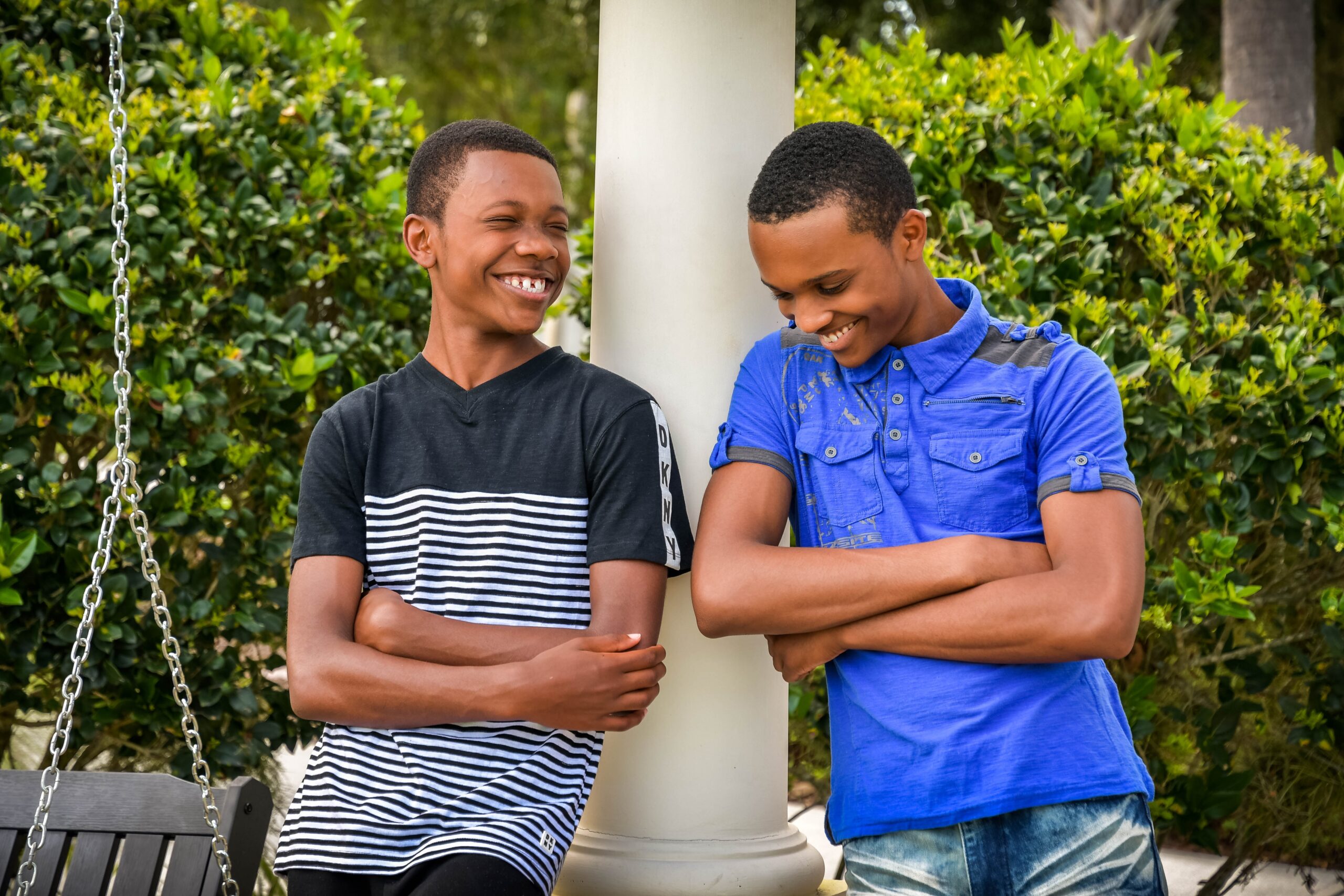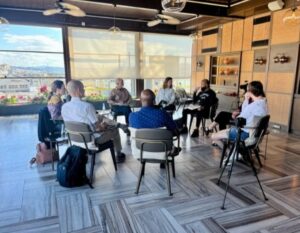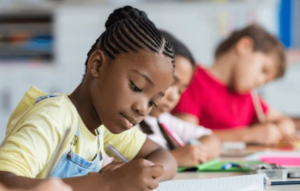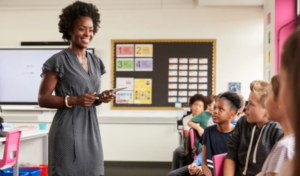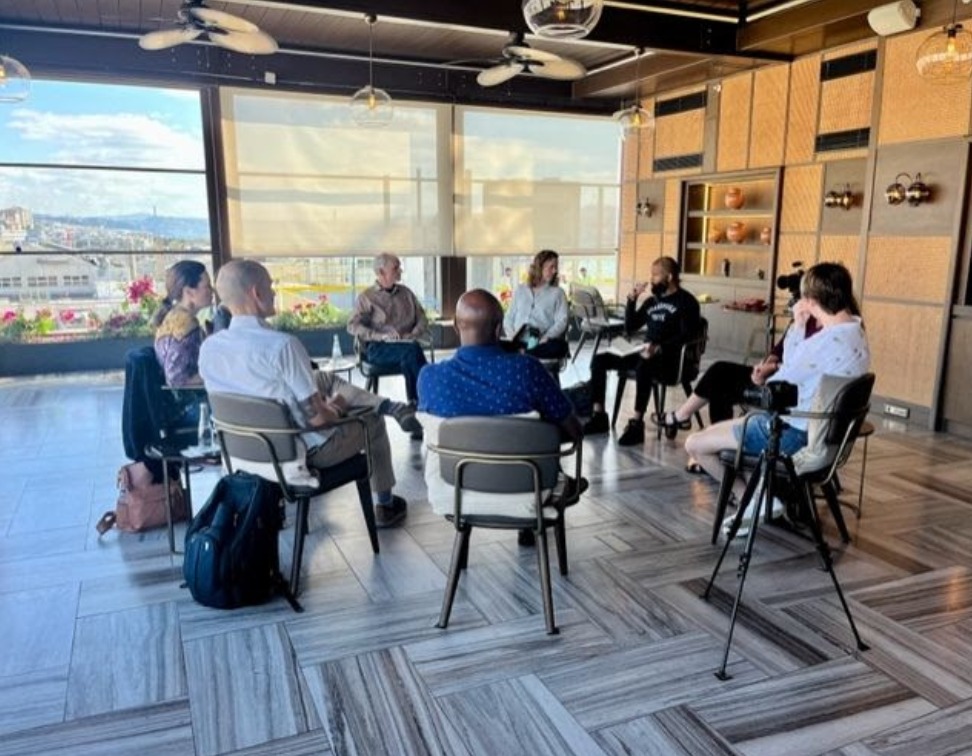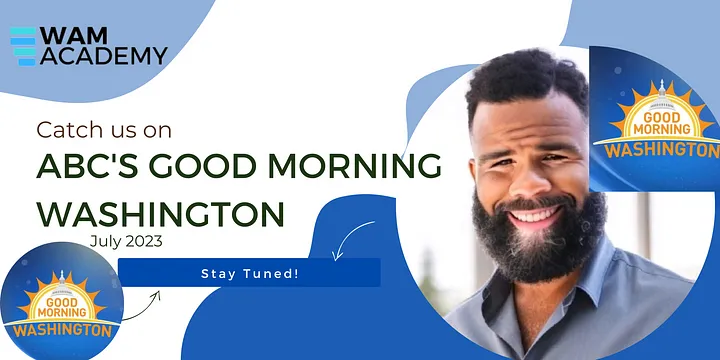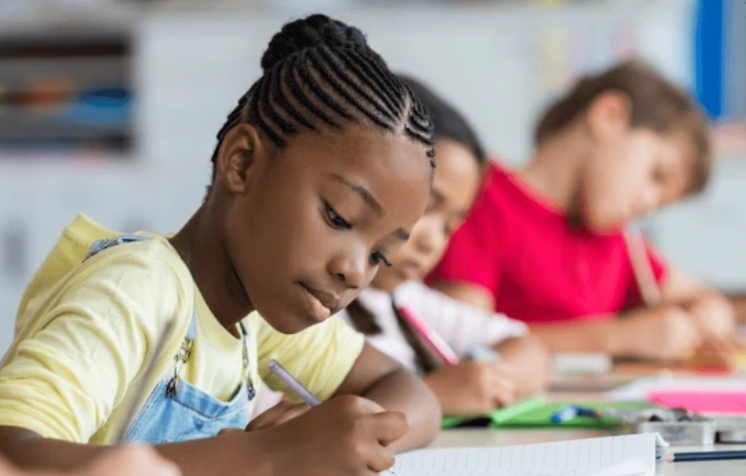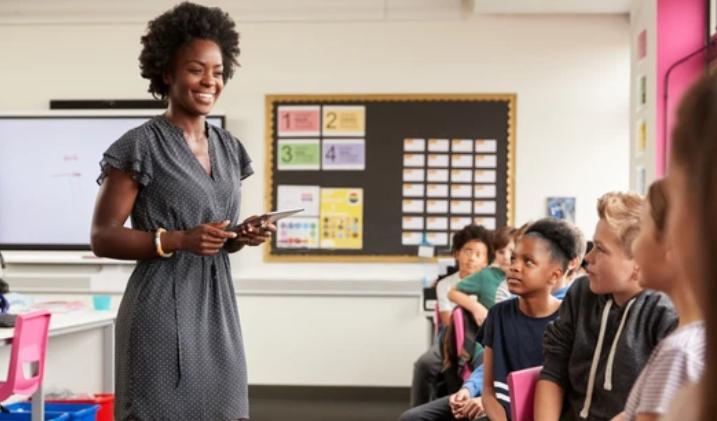Restorative Justice (RJ) is an alternative way of dealing with conflicts, harm, or rule violations in K–12 classrooms. It involves bringing the parties together to talk, listen, and find ways to repair the harm and restore relationships.
Why is RJ important?
We know that Black students are suspended at higher rates than white students. Part of the reason is conscious and unconscious teacher biases and a lack of cultural awareness. With WAM’s mentoring platform, we seek to improve learning AND life outcomes for youth.
Students need the space to work out conflicts in a healthy manner, in environments they feel safe in. They deserve to feel heard, and that educators “have their back.”
RJ does exactly that by teaching students how to take responsibility for their actions, develop empathy for others, prevent future conflicts, and work together to create a positive community.
RJ best practices vary. WAM prioritizes the following guiding principles:
- Relationship building.
- Striving to be respectful to all.
- Providing an opportunity for equitable dialogue and participatory decision-making.
- Involving all relevant stakeholders.
- Addressing harms, needs, obligations, and causes of conflict and harm.
- Encouraging all to take responsibility.
Want To Learn More About RJ?
Next, we’ll explain how WAM builds upon existing RJ practices that support students without harsh disciplinary measures. Check out our website to learn more about WAM.
Follow us on social media! Facebook, Twitter, Instagram, and Linkedin.
